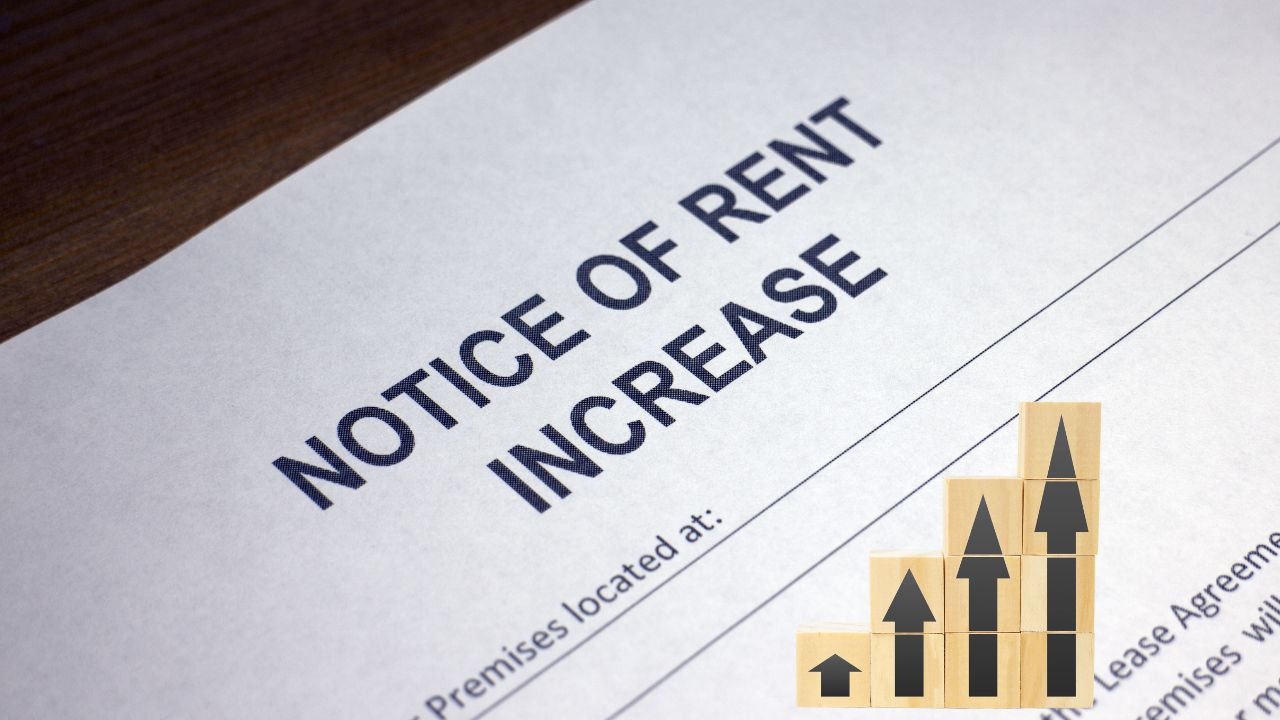In Colorado, 2025 continues to be a landlord-friendly environment when it comes to rental pricing. While some states have adopted rent control laws to limit how much landlords can raise rents, Colorado has no statewide rent control.
This means landlords have broad authority to increase rent, as long as they follow proper legal notice requirements and avoid prohibited practices like retaliation or discrimination.
Colorado has actually banned local rent control since 1981, meaning no city or county—including Denver, Boulder, or Colorado Springs—can impose rent caps on their own. Whether you’re renting an apartment, condo, or single-family home, understanding these rules can help you avoid surprises and protect your rights.
No Rent Control, But Rules Still Apply
In the absence of a rent cap, landlords can raise rent by any amount they choose. However, the law ensures tenants have time to prepare by setting clear notice requirements and certain restrictions.
As the Huron Insider explains, Colorado’s rental laws focus on notice and fairness rather than setting a price limit.
Notice Requirements for Rent Increases
- Month-to-Month Leases – Landlords must give at least 30 days’ written notice before a rent increase takes effect.
- Large Increases (Over 10%) – If the increase is more than 10%, a 60-day written notice is generally required.
- Fixed-Term Leases – Rent cannot be increased during the lease period unless the lease explicitly allows it. Typically, increases can only happen at renewal.
Written notice should clearly state the new rental amount, the date it begins, and any related changes to lease terms.
How Often Can Rent Be Raised?
Most rental agreements allow one rent increase every 12 months. This prevents landlords from making multiple adjustments within the same year. Tenants should carefully check their lease agreement to see if more frequent increases are permitted under special circumstances.
Restrictions on Rent Increases
Even without rent control, landlords cannot raise rent as a form of punishment or for discriminatory reasons. Specifically:
- No Retaliation – Landlords cannot increase rent because you filed a complaint about housing code violations, joined a tenant union, or asserted your legal rights.
- No Discrimination – Increases cannot be based on race, religion, gender, disability, family status, or other protected characteristics.
- Regulatory Compliance – If a landlord has unresolved health, safety, or housing violations, they may be prohibited from raising rent until the issues are corrected.
Market-Based Increases
Because there are no legal caps, rent hikes can be significant, especially in high-demand areas like Denver or Boulder. While most landlords raise rent in line with market trends, they are legally allowed to impose large increases if they follow notice rules.
Read Also: Minnesota Rent Laws 2025: How Much Can Your Landlord Raise Rent?
Special Rules for Subsidized Housing
For tenants in Section 8 housing, properties with Low-Income Housing Tax Credits (LIHTC), or other subsidized rentals, additional federal or state restrictions apply. In these cases, increases often require administrative approval and must align with program guidelines.
How Tenants Should Respond to a Rent Increase
If you receive a rent increase notice:
- Verify the Notice Period – Ensure your landlord gave you the required 30 or 60 days’ notice.
- Check Your Lease – See if mid-lease increases are allowed.
- Confirm the Amount – Make sure the stated increase matches what’s legally allowed for your lease type.
- Consider Negotiation – In a soft rental market, landlords may be open to smaller increases in exchange for lease renewal.
- Seek Legal Advice – If you suspect retaliation or discrimination, contact a housing attorney or local tenant advocacy group.
Final Takeaway
Colorado renters should be aware that landlords have wide latitude to raise rent, but they must follow notice laws and cannot use increases for unlawful purposes. By understanding your lease terms, notice requirements, and rights under state law, you can make informed decisions and protect yourself from sudden financial shocks.
Have you experienced a rent increase in Colorado that caught you off guard? Share your story in the comments, and explore more housing law and tenant rights resources at ibwhsmag.com.


 by
by 

